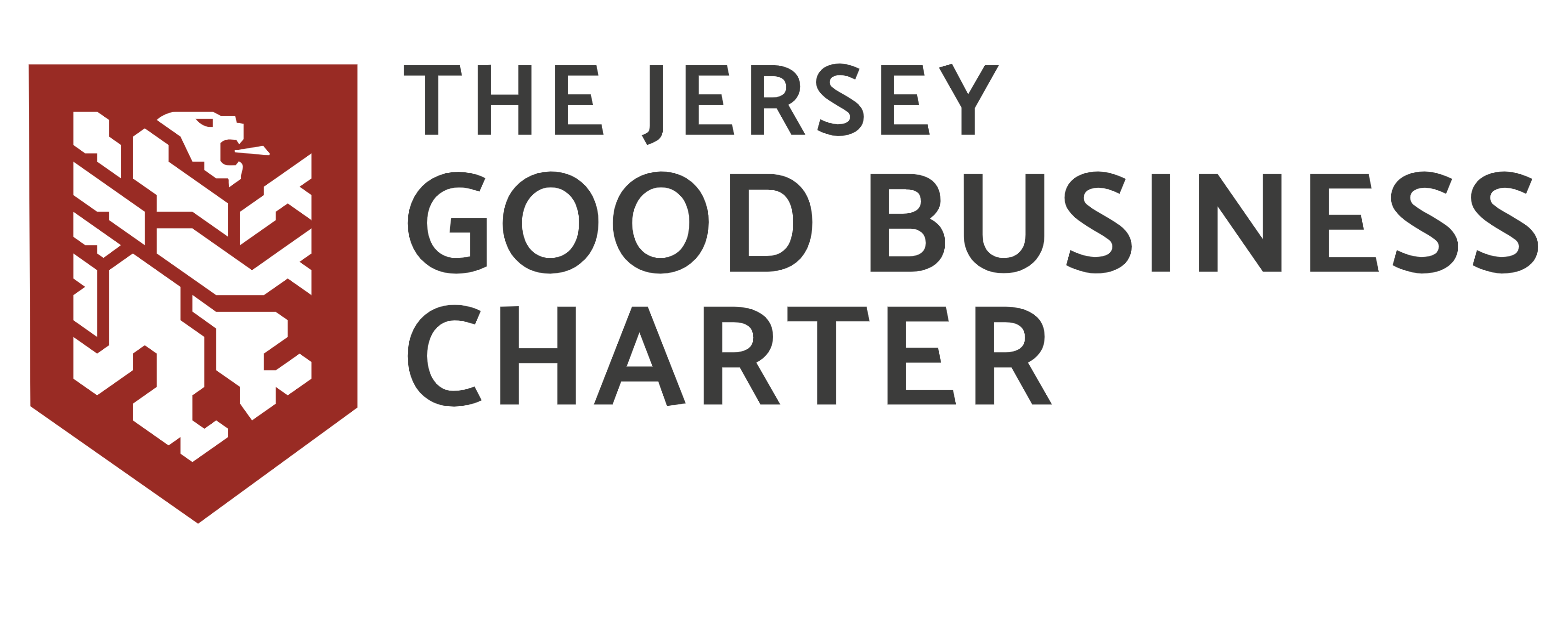When does straightforward feedback become bullying? It’s a fine balance that many leaders must navigate. Understanding this line is essential for building a respectful, inclusive workplace.
In any organization, strong, direct communication is crucial for driving performance and ensuring clarity. However, what happens when this direct approach is perceived as harsh or demeaning? Navigating the line between strong leadership and bullying can be tricky for both managers and employees, especially when intent doesn’t always match perception.
Balancing Direct Talk and Respectful Leadership
Effective leadership requires giving clear, honest feedback. Leaders are expected to communicate directly to drive change, correct mistakes, and guide employees towards their goals. However, when feedback is delivered in a way that feels personal, overly critical, or continuous, it can cross the line into bullying. A report by *CIPD* indicates that workplace bullying involves behavior that offends, humiliates, or threatens someone, even when there’s no ill intent.
On the other hand, it’s important to acknowledge that leaders often face challenging dynamics. They must provide feedback that helps improve performance, and this can sometimes come across as harsh, especially in high-pressure environments. This is where the line between direct talk and bullying can blur, often due to misunderstanding.
Humor and Banter: When Does It Become Harmful?
Workplace humor can foster camaraderie, but it can also unintentionally cross boundaries. The issue lies in when banter reinforces harmful stereotypes or makes individuals feel marginalized. The challenge for many businesses, particularly in close-knit teams found in places like Jersey and the Channel Islands, is balancing light-hearted banter with ensuring that no one feels disrespected.
It’s essential to cultivate an environment where humor doesn’t come at the expense of someone’s dignity. The Good Business Charter advocates for respect and inclusivity, ensuring that employees feel safe, valued, and part of a positive workplace culture.
Calling Out Unacceptable Behavior
Addressing inappropriate behavior is never easy, especially in smaller workplaces where relationships are often tight-knit. However, empowering employees to voice their concerns about unacceptable behavior without fear of retaliation is crucial. The Good Business Charter champions transparency and fairness, encouraging businesses to establish clear processes for addressing concerns. Ensuring that employees know how and when to speak up promotes a culture of accountability and trust.
The Need for Diversity of Thought
Innovation thrives when diverse perspectives are encouraged, but this doesn’t always happen in practice. Some leaders may unintentionally silence dissenting voices or dismiss employees who don’t “fit” the company’s culture. However, maintaining diversity of thought is essential for long-term success.
It’s important to ensure that disagreements are framed as opportunities for learning, rather than as signs of conflict. In Jersey, where many businesses operate in close-knit environments, ensuring diversity of opinion is even more vital. Organizations need to avoid the temptation of only surrounding themselves with people who agree, and instead embrace healthy debate.
Avoiding Unfair Dismissals
One issue that often arises in such environments is the use of compromise agreements to sidestep unfair dismissal processes. While these agreements may seem like a simple way to resolve issues, they can create distrust if used to remove employees who simply don’t “fit.” Dismissals must always be based on objective criteria, and organizations should work hard to ensure that all employees are treated fairly, regardless of their personal characteristics.
Conclusion
Finding the balance between direct communication and respect, banter and harm, and innovation and exclusion requires careful navigation. By fostering a culture of transparency, inclusivity, and accountability, businesses can create an environment where all employees feel valued and heard. The Good Business Charter offers a framework that emphasizes fairness and ethical practices, providing businesses in Jersey and beyond with the tools they need to thrive while respecting individual dignity.
#WorkplaceEthics #GoodBusinessCharter #InclusiveWorkplace #FairLeadership #JerseyBusiness #ProtectedCharacteristics #EmployeeWellbeing
